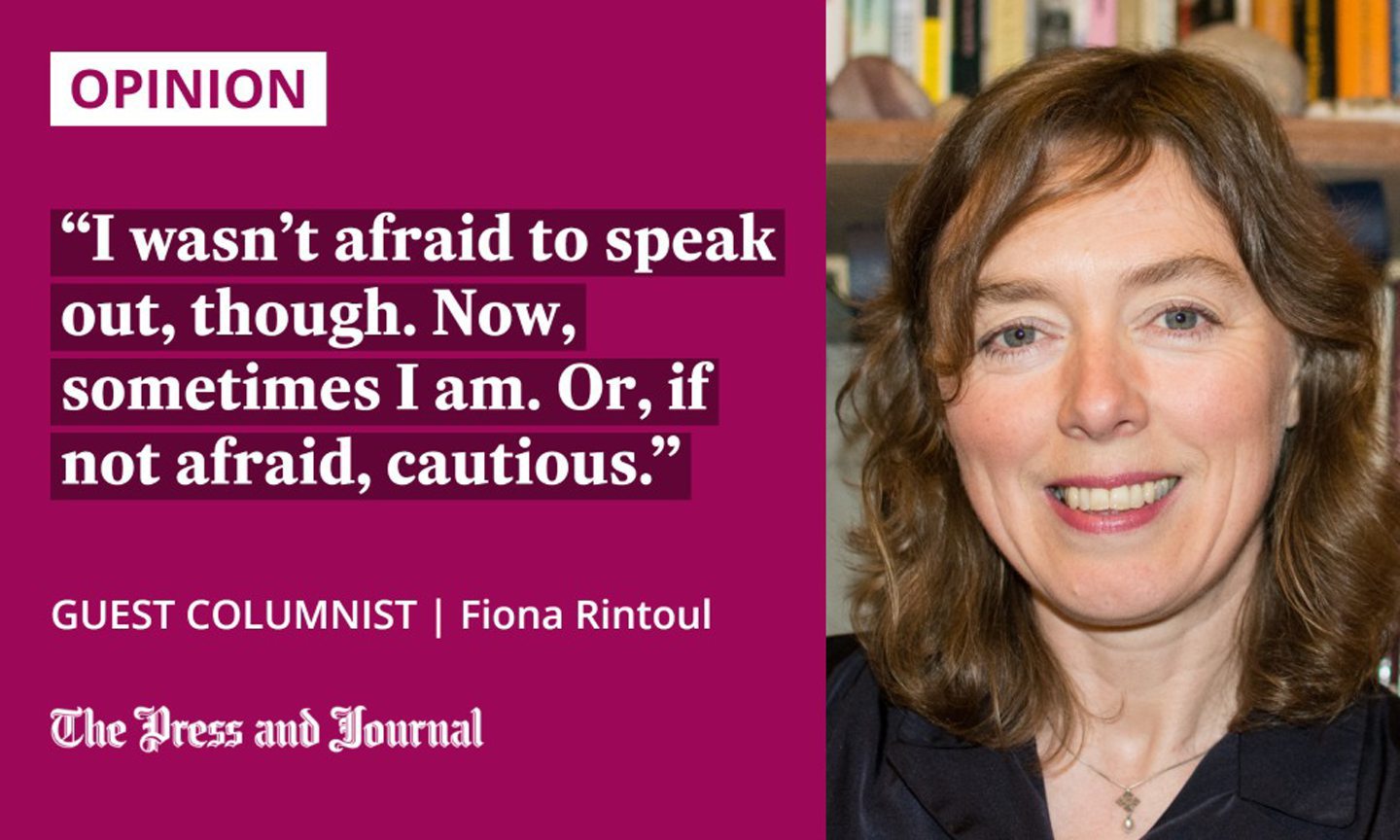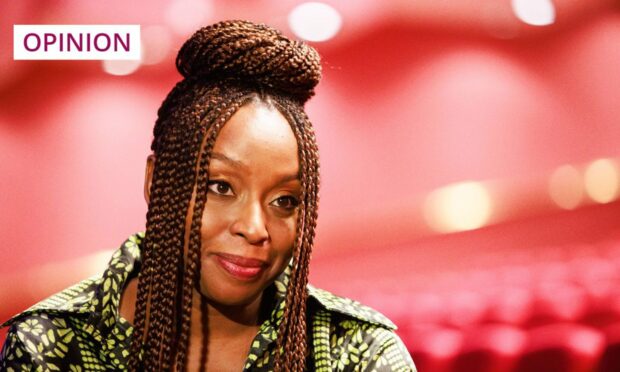A worrying tendency towards self-censorship has crept into our society, and it’s time we spoke up, writes Fiona Rintoul.
When I was in my twenties, I spent a bit of time in communist countries. East Germany and China, mainly.
I flirted with the idea that the communist system was just as good as liberal democracy – maybe better, in some ways. There were no unemployed people in East Germany; in Thatcher’s Britain, there were three million unemployed.
What finished me off with this equivalence was fear. People were afraid to speak out in those countries. Public protest was unheard of, until Tiananmen in 1989 – and look what happened then.

Back in Blighty, I was not afraid to protest or to speak out, even if I often didn’t get any thanks for expressing my views. A middle-aged male colleague did not, for example, welcome my telling him that he was a sexist pig when he regaled us with his views on the dimensions of an Australian temp’s backside.
Neither was I lauded for declining to attend a work Christmas party because strippers were to be a highlight. (My chuckling boss: “You’re not a feminist, are you? Gawd.”)
True story – and my boss was a woman. What can I tell ya? It was the City of London in the last century.
Adichie spoke words we all desperately needed to hear
I wasn’t afraid to speak out, though. Now, sometimes I am. Or, if not afraid, cautious. I find myself weighing up the pros and cons, wondering if maybe someone else will do it.
That’s why Nigerian writer Chimamanda Ngozi Adichie’s Reith Lecture on freedom of speech last week struck such a powerful chord with me, and others. Listeners said they were applauding the radio. I was, too. Actually, I was in tears. For Adichie spoke words that we all desperately needed to hear.
"My first instinct, on learning that a book has been banned, is to seek it out and read it." – Chimamanda Ngozi Adichie
Author @chimamandareal gives the first of the 2022 Reith Lectures.
— BBC Sounds (@BBCSounds) November 30, 2022
She spoke about an epidemic of self-censorship. About her fears for literature when books are being cleansed by sensitivity readers.
About the “unconscionable barbarism” of vicious online attacks on people who stray from the prevailing orthodoxy. “To anyone who thinks, well, some people who have said terrible things deserve it. No. Nobody deserves it.”
Right to protest in UK is being curtailed in alarming ways
No sooner had she spoken than Lady Susan Hussey was shuffled off for interrogating charity boss Ngozi Fulani about her origins at a Buckingham Palace reception.
I don’t want to diminish the awfulness of the exchange. But, some of the reaction proved Adichie’s point, that we sometimes choose the most extreme understanding of people’s position.
The right to protest is being curtailed in the UK in alarming ways. We must fight back, because that is a highway to authoritarianism.
But, Adichie’s Reith Lecture uncovered an even more stifling muzzle: the righteous online mob. It’s in our gift to rip up that muzzle.
Everyone can contribute by upholding freedom of speech. As Adichie said: “We just need moral courage.”
Fiona Rintoul is an author and translator


Conversation